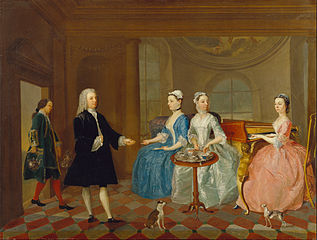
Among the archive files, I found the following public notice in the Salem Gazette, Newbury & Marblehead Advertiser.
Sept 13 1774
To the Printer of the Salem Gazette , &c.
Mr. Russell,
You are requested to publish the following Bond, wrote by a Young Lady in Boston in 1737 (who was much grieved at the pernicious practice of Tea-Drinking which then began to prevail among us,) for the benefit of all concerned:
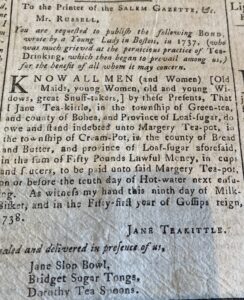
Know all men – and women – [old maids, young women, old and young widows, great snuff-takers] by these presents that I, Jane Teakittle, in the township of Green-tea, and county of Bohea and Province of Loaf-sugar, do owe and stand indebted to Margery Tea-pot in the township of Cream-Pot in the county of Bread and Butter, and province of Loaf-sugar aforesaid, in the sum of £50 lawful money in cups and saucers, to be paid unto said Margery Tea-pot, on or before the 10th day of Hot-water next infusing. As witness my hand this 9th day of Milk-Biiket and in the 51st year of Gossips reign, 1738.
/s/ Jane Teakittle
Sealed and delivered in presence of us,
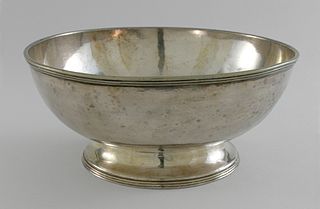
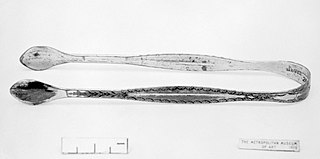
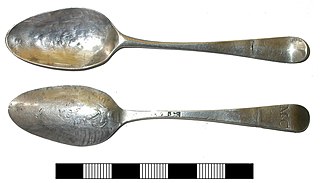
A Trip Down History Lane
The Salem Gazette printed Jane Teakittle’s broadside in 1774, but she wrote her message in 1737. Most students suffering through an American history class briefly encounter the Boston Tea Party and quickly move on to the Battle of Bunker Hill. But the history of Americans’ relationship with tea began much earlier.
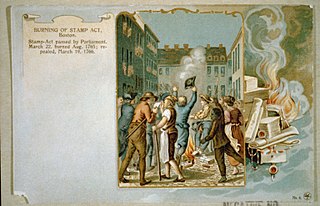
By 1756 when the French and Indian war broke out in the American colonies, the drinking of tea was a cherished domestic ritual provided over by women. Tea and its accompanying tableware was indicative of upper social status. When the war ended in 1763, Great Britain and her North American colonies emerged victorious, but also deeply in debt. Parliament passed the Stamp Act designed to recoup the cost by requiring a stamp, or duty, on all printed materials used for commercial or legal use, including playing cards.
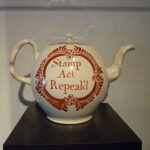
Americans were furious and argued that only their individual legislatures had the power to impose taxes, giving rise to the famous slogan: No Taxation Without Representation. They also took to the streets to attack Crown appointed stamp distributors. Boycotts of British goods weakened sales to the point that British merchants asked Parliament to repeal the law which it did in 1766.
The following year, Parliament passed the Townsend Revenue Act which taxed tea, glass, paper, and paint, and used the proceeds to pay the Royal Governors. This replaced the previous method of allowing the colonial assemblies to authorize payment. Americans responded with a boycott of all taxed goods. In 1770 Parliament repealed all the taxes except the tax on tea, a lone symbol of Parliament’s right to tax her colonies.
Americans responded to the change in various ways. Some returned to drinking tea as much as before. Some decided they would only drink Dutch tea which was smuggled into the colonies, as well as being cheaper than legal tea. Some stopped drinking tea altogether.
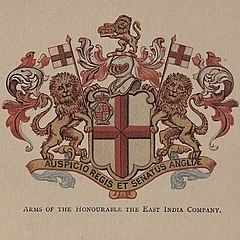
These decisions impacted the East India Company which soon found itself with a surplus of tea rotting in its warehouses. Company success was important to the British economy, so Parliament raised the tea stakes by passing the Tea Act in 1773. This piece of legislation did several things.
- It allowed the Company to ship tea directly to the colonies without stopping in England and paying port taxes. By passing savings on to consumers, the Company could lower the price of its tea below the price of smuggled tea.
- And, the act commissioned specific Company agents with the sole right to sell Company tea. In doing so, the Company cut out colonial merchants who were so furious they united with the Sons of Liberty to crush their competitors.
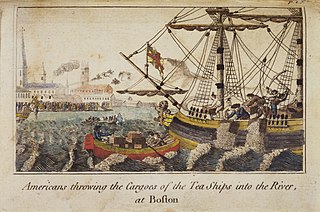
Once again, tea consumption was a political act. Matters boiled to a head with the Boston Tea Party of December 16, 1773 when 342 chests of tea, each weighting 100 pounds, were dumped into Boston Harbor.
Parliament was furious. In retaliation, it passed the Coercive Acts, known in America as the Intolerable Acts, to punish Massachusetts colony. These acts closed Boston Harbor, gave royal protection to officials involved in riot suppression or revenue collection, and placed the election of government officials under direct Crown control.
Soon, no patriotic American consumed tea, replacing it with coffee and chocolate as the hot beverage of choice.
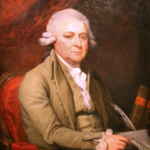
In 1774 John Adams wrote his wife an anecdote illustrating this revolutionary social change:
“When I first came to this House it was late in the Afternoon, and I had ridden 35 miles at least. “Madam” said I to Mrs. Huston, “is it lawfull for a weary Traveller to refresh himself with a Dish of Tea provided it has been honestly smuggled, or paid no Duties?”
“No sir, said she, we have renounced all Tea in this Place. I cant make Tea, but I’le make you Coffee.” Accordingly I have drank Coffee every Afternoon since, and have borne it very well. Tea must be universally renounced. I must be weaned, and the sooner, the better.”
Likewise, Fashionable Ladies put aside their Tea-Tables in favor of Coffee
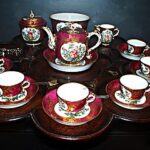
A Lady’s Adieu to Her Tea-Table
FAREWELL the Tea-board with your gaudy attire,
Ye cups and ye saucers that I did admire;
To my cream pot and tongs I now bid adieu;
That pleasure’s all fled that I once found in you.
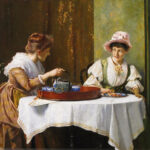
Farewell pretty chest that so lately did shine,
With hyson and congo and best double fine;
Many a sweet moment by you I have sat,
Hearing girls and old maids to tattle and chat;
And the spruce coxcomb laugh at nothing at all,
Only some silly work that might happen to fall.
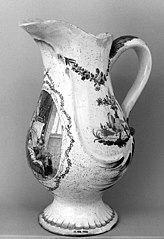
No more shall my teapot so generous be
In filling the cups with this pernicious tea,
For I’ll fill it with water and drink out the same,
Before I’ll lose LIBERTY that dearest name,
Because I am taught (and believe it is fact)
That our ruin is aimed at in the late act,
Of imposing a duty on all foreign Teas,
Which detestable stuff we can quit when we please.
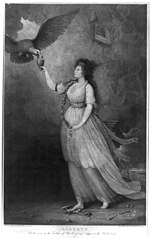
LIBERTY’S The Goddess that I do adore,
And I’ll maintain her right until my last hour,
Before she shall part I will die in the cause,
For I’ll never be govern’d by tyranny’s laws.
And thus it came to pass that America became a land of coffee-drinkers.
🫖 🫖 🫖
Family Being Served Tea. 1745.
Slop Basin. c. 1770.
Sugar Tongs, c. 1770.
Silver Spoons, c. 1770
Burning of Stamp Act, 1903.
Teapot. Stamp Act Repealed.
Arms of the Honorable the East India Company.
Boston Tea Party.
John Adams by Mather Brown.
18th Century Tea Service.
Tea & Gossip. Robert Payton Reid.
18th century water jug.
Liberty in form of Goddess of Youth.

Sandra Wagner-Wright holds the doctoral degree in history and taught women’s and global history at the University of Hawai`i. Sandra travels for her research, most recently to Salem, Massachusetts, the setting of her new Salem Stories series. She also enjoys traveling for new experiences. Recent trips include Antarctica and a river cruise on the Rhine from Amsterdam to Basel.
Sandra particularly likes writing about strong women who make a difference. She lives in Hilo, Hawai`i with her family and writes a blog relating to history, travel, and the idiosyncrasies of life.

